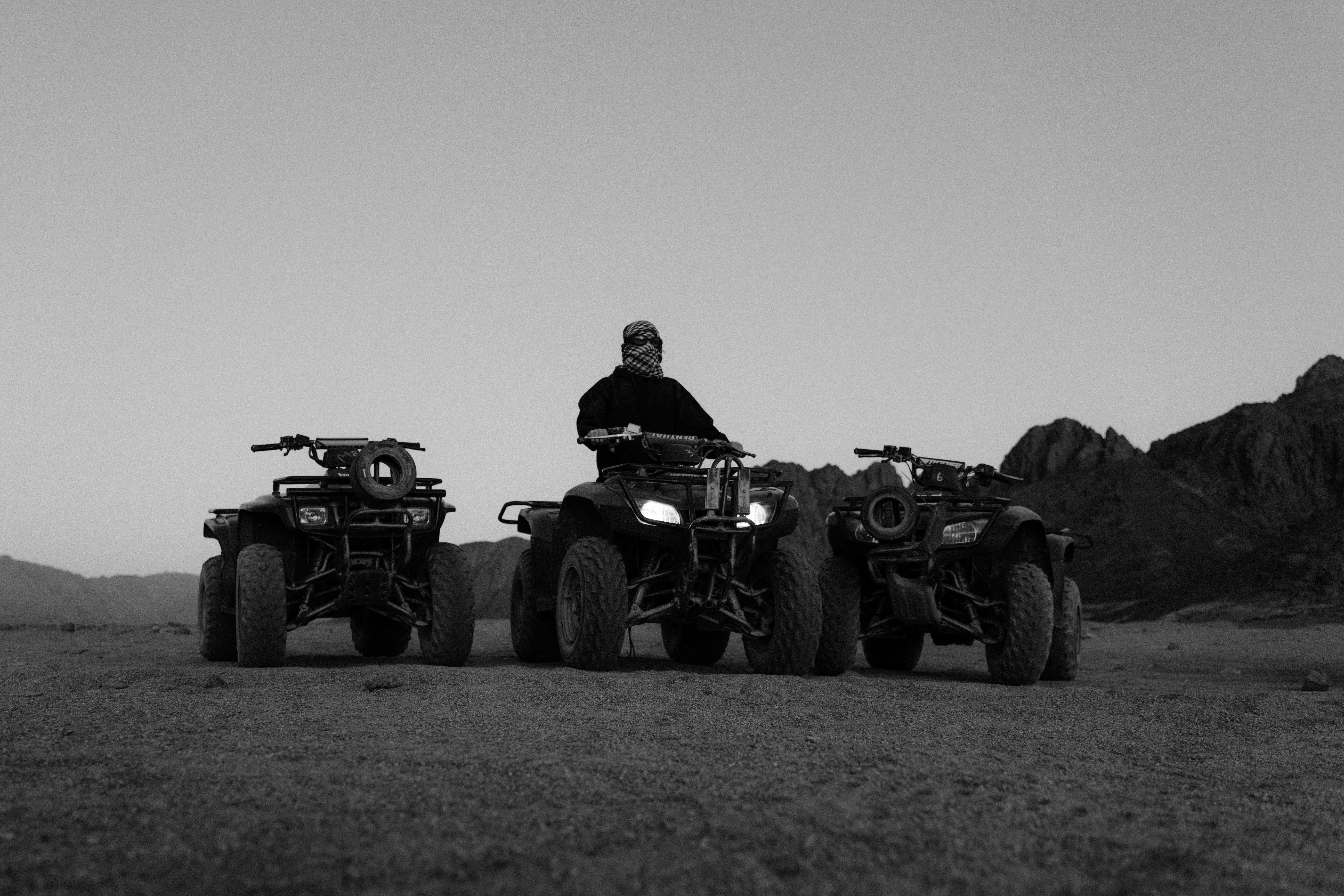Have you ever wondered what it would be like to be suspended above the ground? Probably not. But if you do, it’s the most liberating experience you’ll ever have. Rock climbing is the quintessential sport for humans that involves defying gravity and physics in all its glory. From athletes to regular people who just enjoy sport, it is one of the most physically demanding and technical sports on the face of the planet. I’m not here to sell you the lifestyle, not even to convince you that climbing is for you. But what I will share is my personal experience of how overcoming the fear of falling relates not only to climbing but also to our daily lives.
I started climbing last year in October 2016 and it has been a whirlwind of ups and downs, realizing where my weaknesses are and also where my strengths as a climber. I am by no means a professional. There are several different styles of climbing, but I will focus more on sport climbing and bouldering. Sport climbing is the practice of climbing where there are pre-drilled anchors in the wall that allow the climber to ascend the wall through an established route. This allows them to hook their equipment to the wall for safety. With bouldering, climbers are on walls that are no more than 20 feet high with crash pads underneath for protection. I have not found any other method to learn efficiently without repetition and maintaining muscle memory. Forget training at first and just learn to climb. When you learn to trust your body, climbing becomes a part of you and stops being a struggle to get to the top.
I know I mentioned the physical demands of rock climbing, but I haven’t delved into what it’s like for your mind. As for someone who has an overwhelming fear of heights and recurring anxiety, consider it a mental Olympiad. My first day of climbing involved barely ten feet up a wall at the gym. It wasn’t physical strength that kept me from finishing, but rather what was going on in my head, move after move. One of the most important lessons I have learned so far in my climb is to stay present on the wall. I had so much trouble with that first step that falling was just impossible to understand. What will happen? Will my harness come loose and fall to the ground? Does my partner look at me? Some of these thoughts may come to mind. And just like in our day to day, the “What ifs” exceed the conscious ability to recognize the situation in which we find ourselves. We are so afraid of what we cannot control in our lives, that it hinders our growth and our ability to see things from a different perspective. The physical act of falling is still uncontrollable, but we can always be prepared.
Breathing is really important. I think we take it for granted every day. In a stressful situation, we all have a tendency to tense up and lose focus. It’s important to recognize your stressors and realize where your climbing skills are. Breathing through the movements not only helps prevent injuries, but often gives us a clearer mindset in our decision-making abilities when things get a little iffy or out of our comfort zone. We all have our limitations and we are also aware of what feels good and what doesn’t. Climbing requires that intuitive mindset. How can you overcome the fall, if you don’t understand what it feels like? As practitioners in life, we have to do our best and take risks to improve ourselves. When we learn to feel sensations instead of retreating into our comforts, it allows mindfulness practice to come alive.
